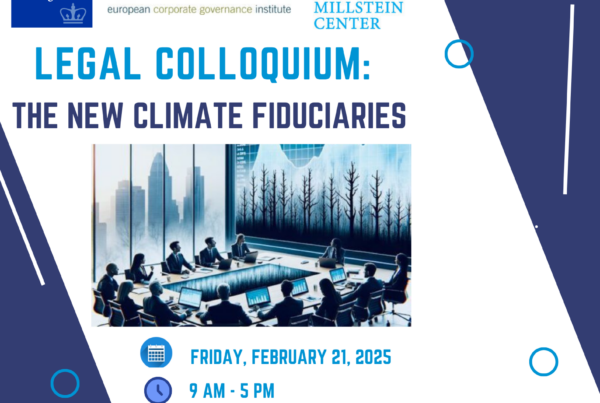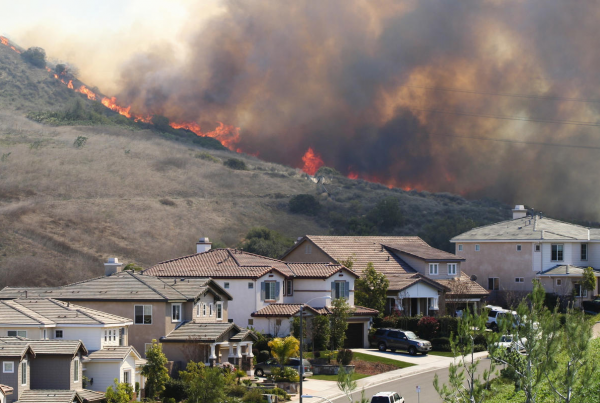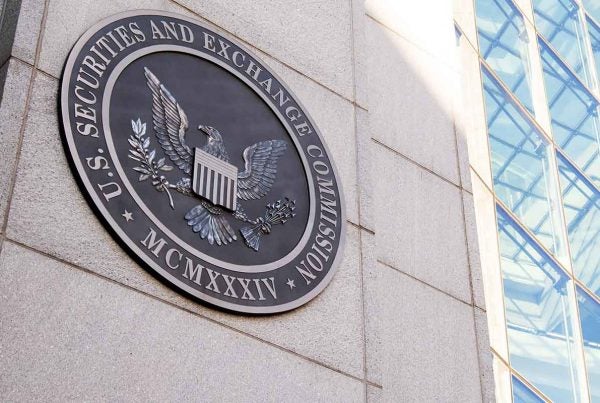Organizations Involved: Sabin Center, Columbia Center on Sustainable Development
Source: Sabin Center, Columbia Center on Sustainable Development

Abstract
What will happen to the SEC’s March 2024 climate disclosure rule under the new U.S. federal administration? This paper seeks to contribute to the upcoming debates on this question after the 2024 election. Setting aside ideological considerations, this paper contends with novel questions of implementation and enforcement that the SEC will face in 2025, as it establishes climate disclosure policies under anticipated new leadership. Aided by an in-depth survey of existing climate reporting, the report discusses how companies are likely to determine what climate information is and is not material to their businesses and financial performance, and whether some companies might need to go beyond “bare minimum” compliance with the itemized requirements of the SEC rule to ensure their disclosure is complete and not misleading. It also looks at how climate disclosure will fit into the verification processes companies apply to SEC disclosure, a concern of many investors who want to make sure the information is reliable, but also a concern of companies given the potential cost of verification. The paper discusses enforcement of the climate rule, which is likely to occur mainly through SEC staff comments and guidance, and not a wave of abusive litigation. With or without the SEC’s leadership, other disclosure regimes are forcing companies to reevaluate their climate disclosure practices, making this a crucial period for the agency to grapple with its future role in the climate disclosure space. This Sabin Center/CCSI paper offers a framework and analysis to ground these questions as a new context for climate issues emerges in the United States.




